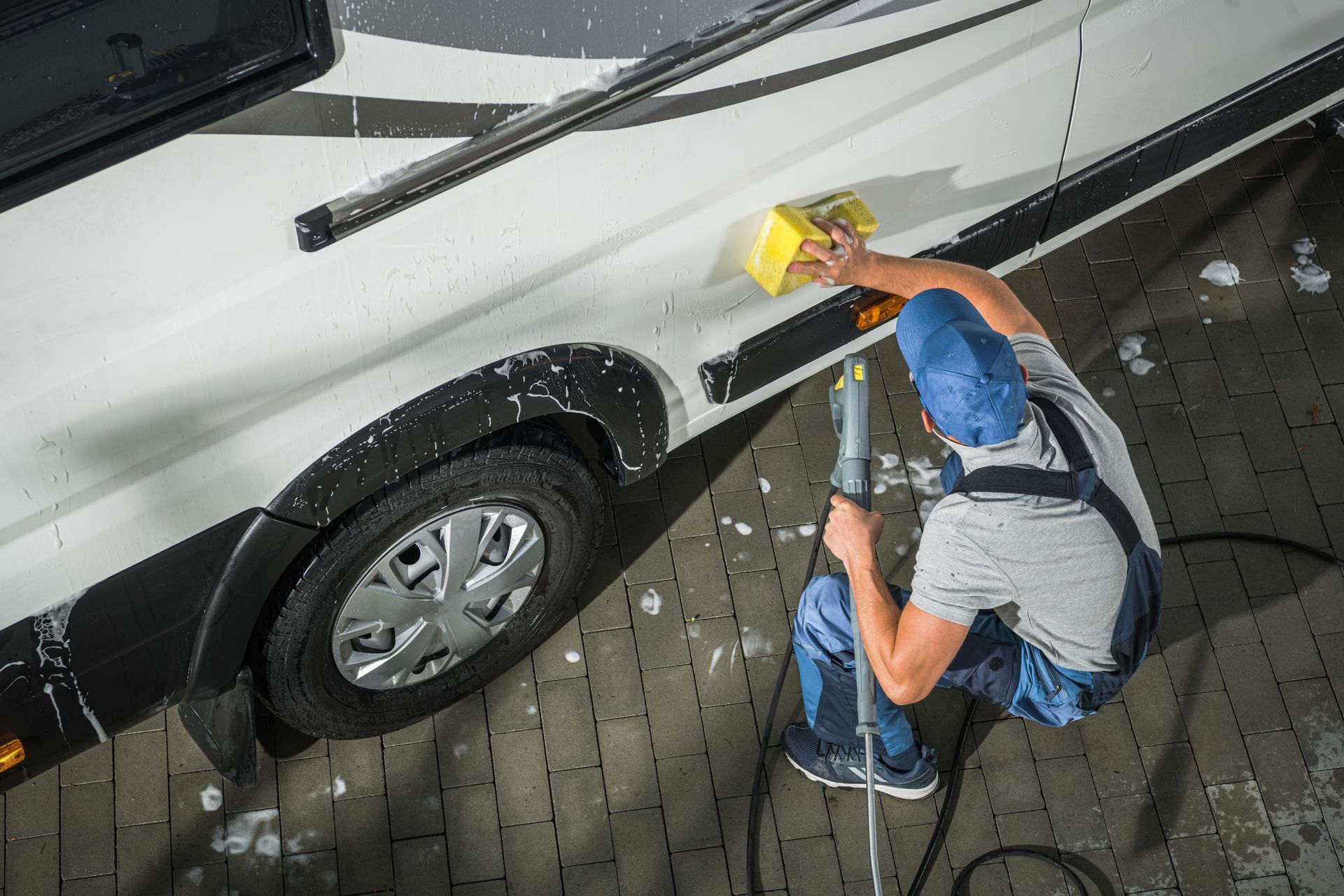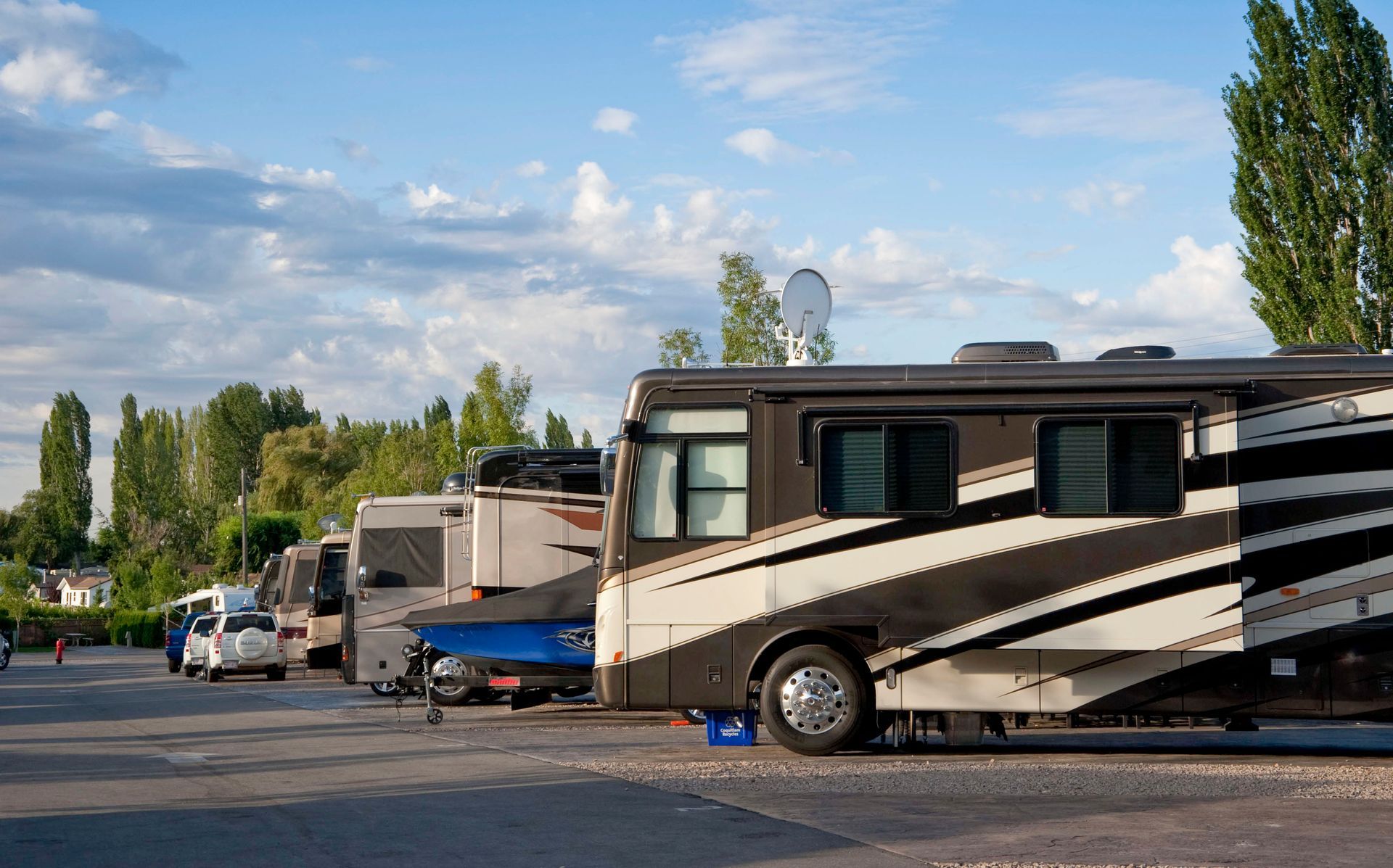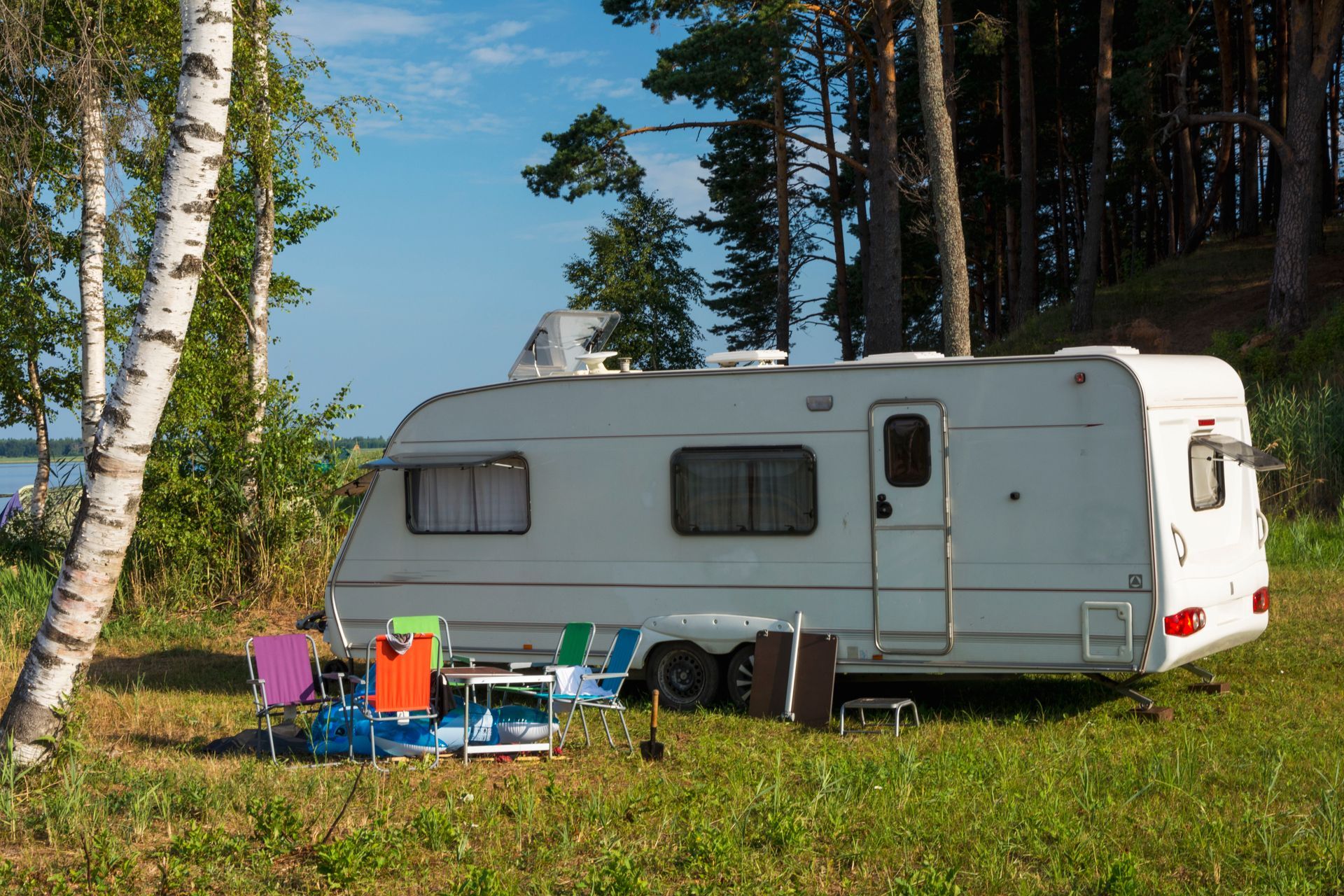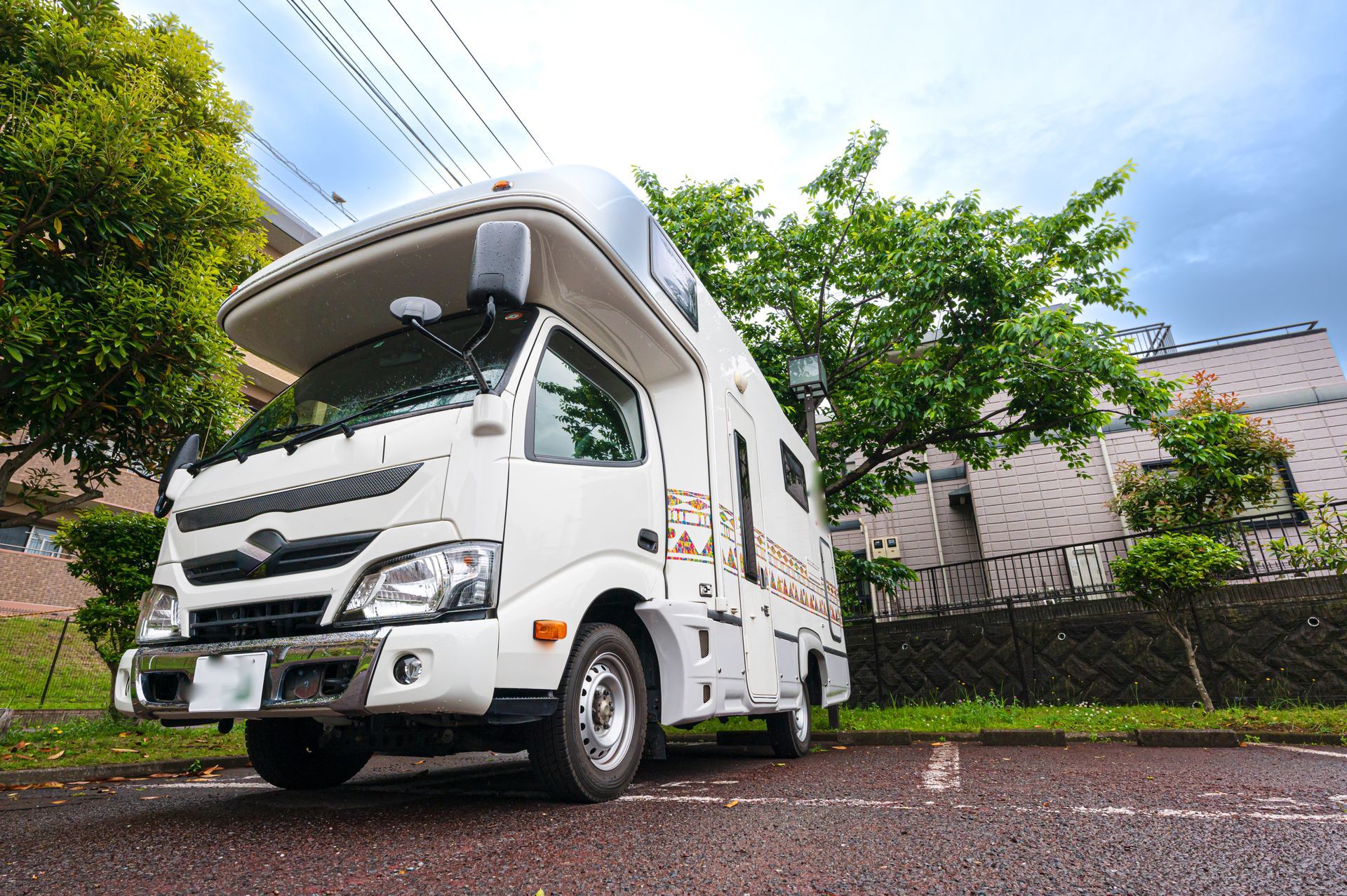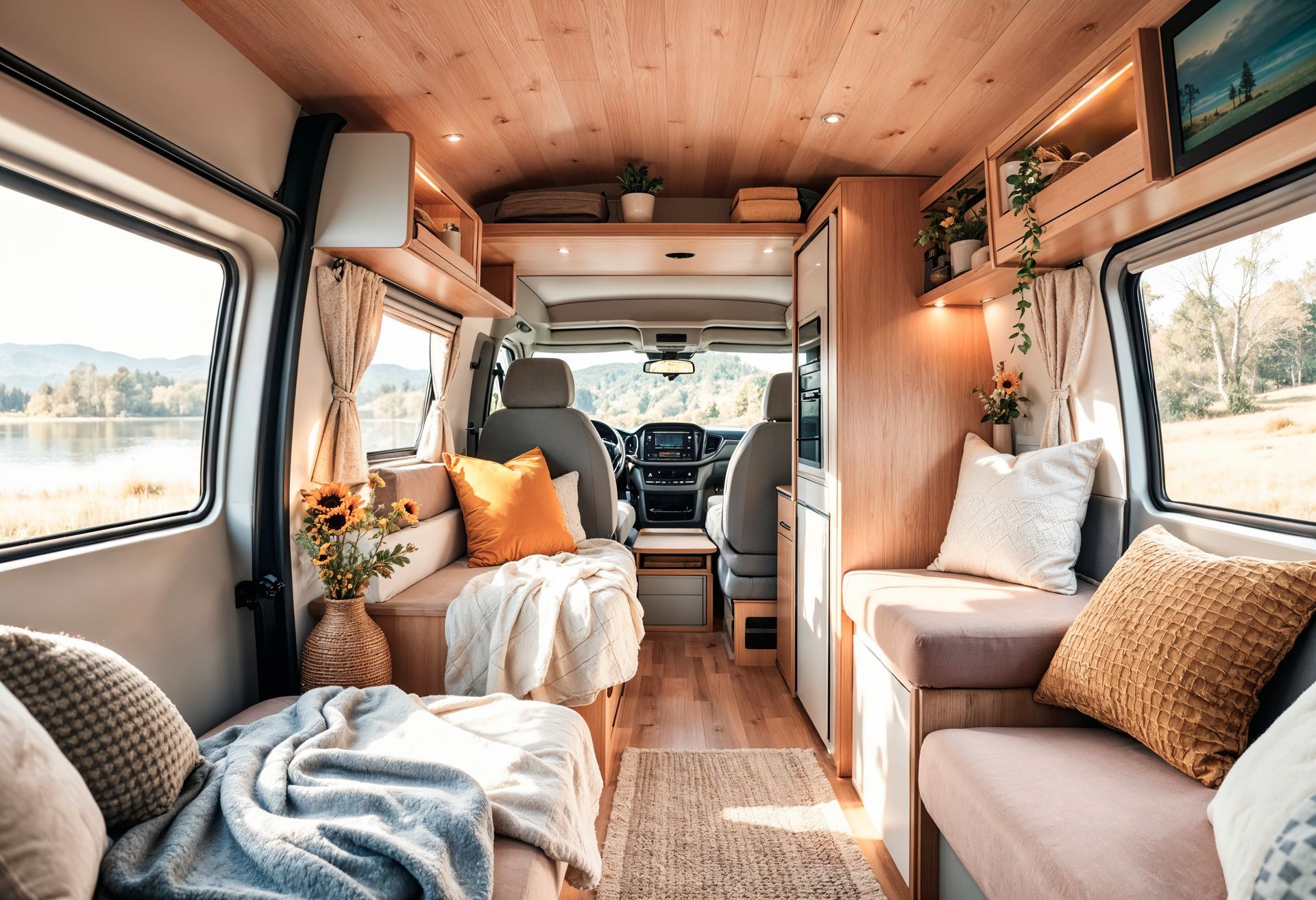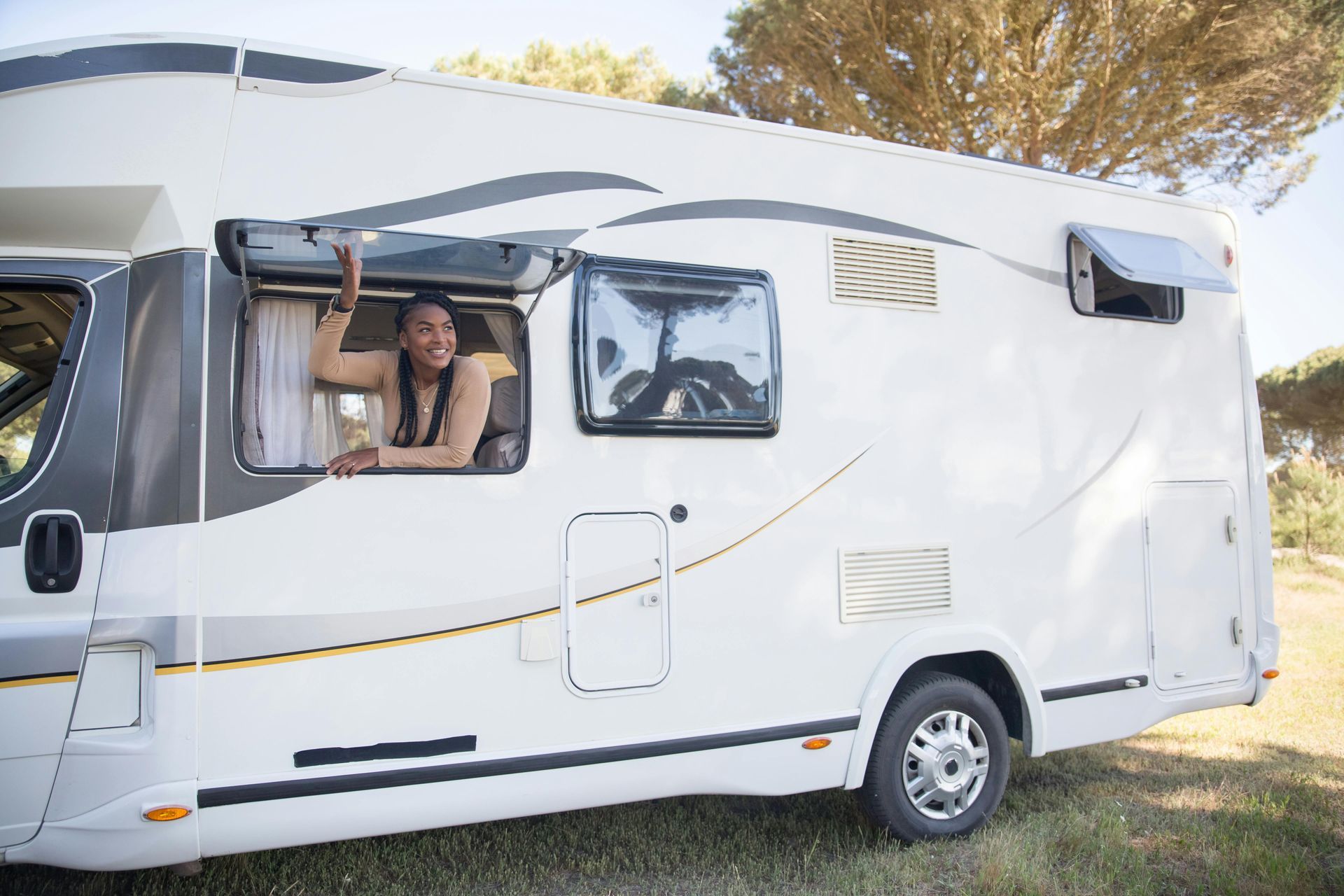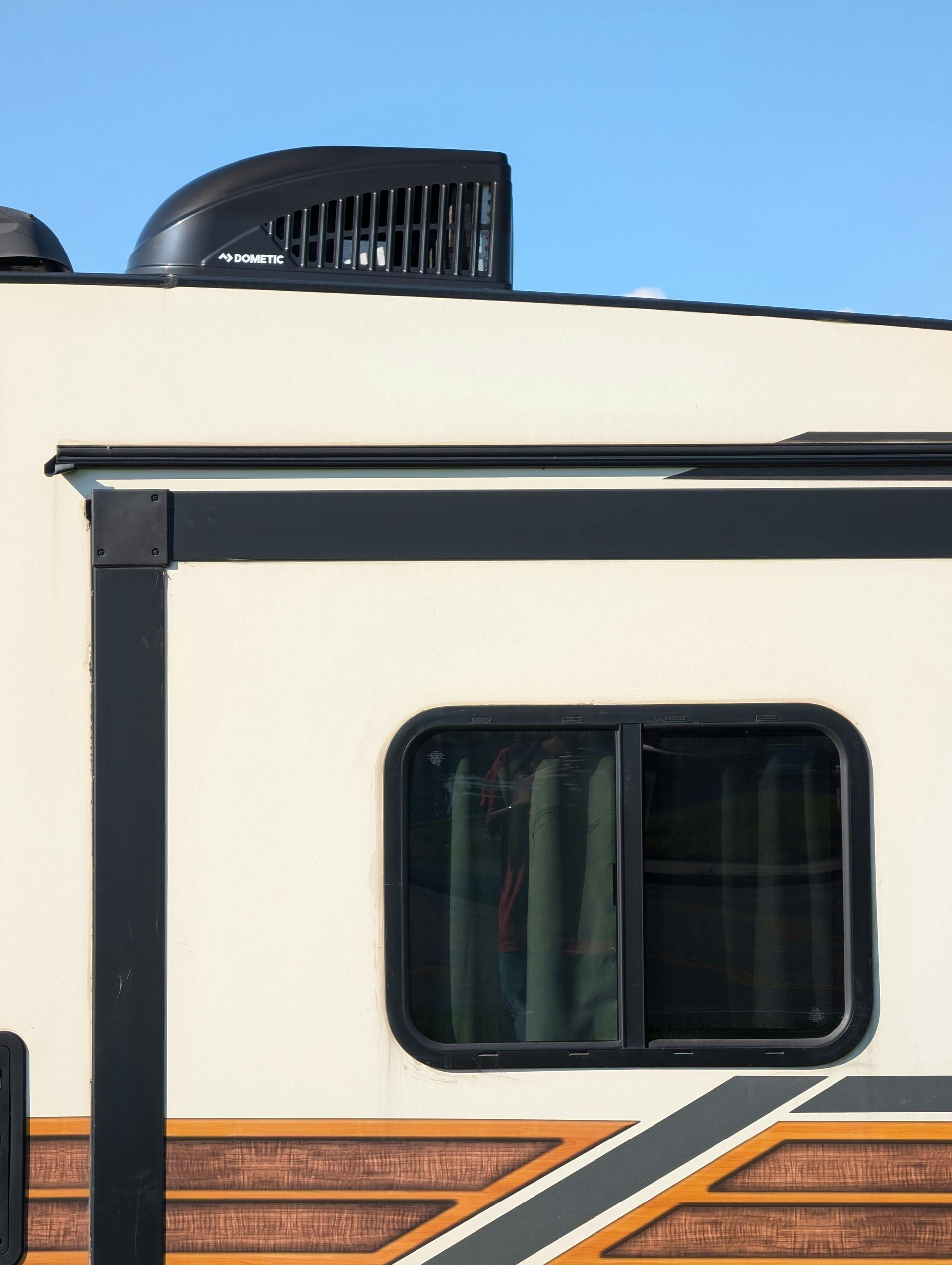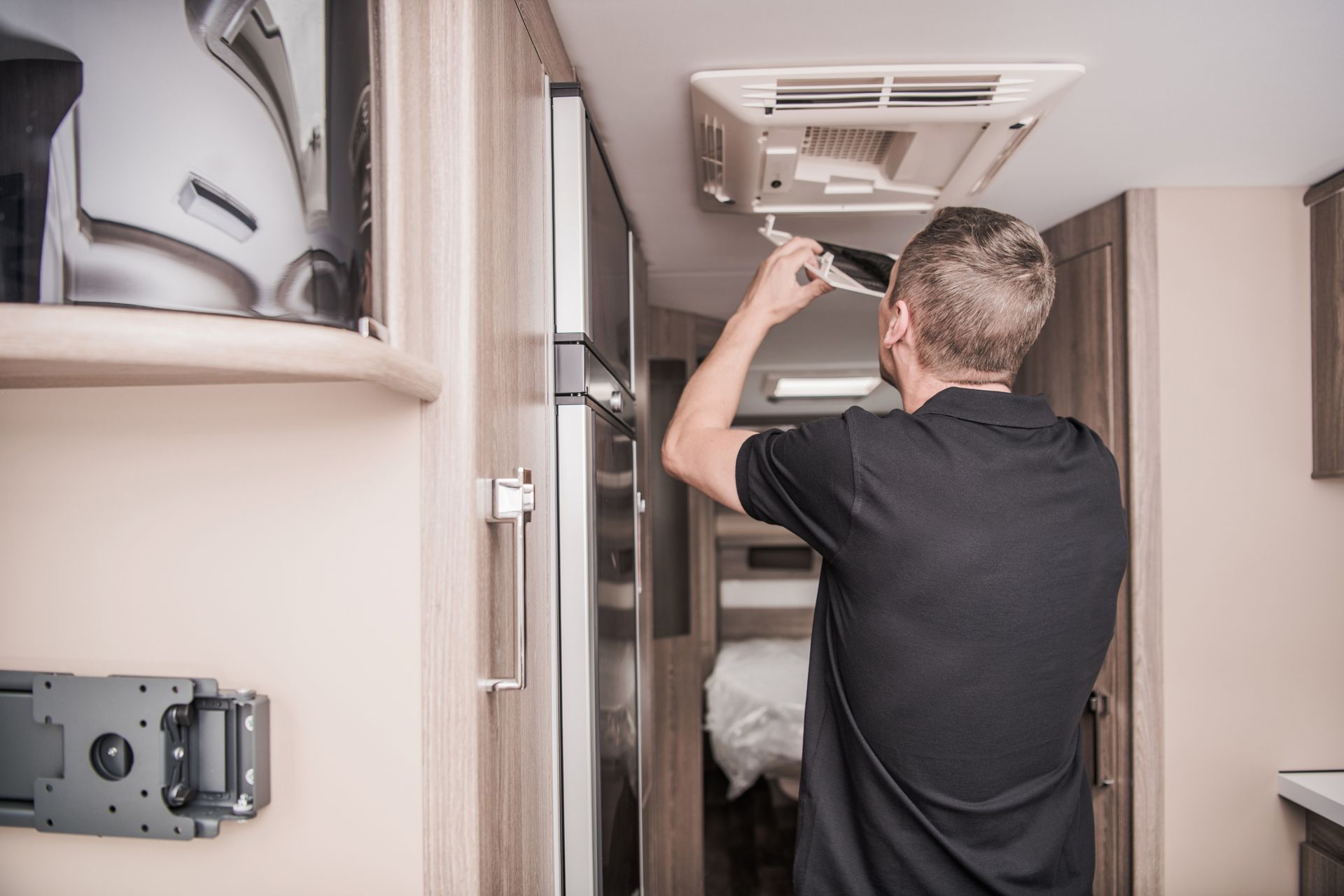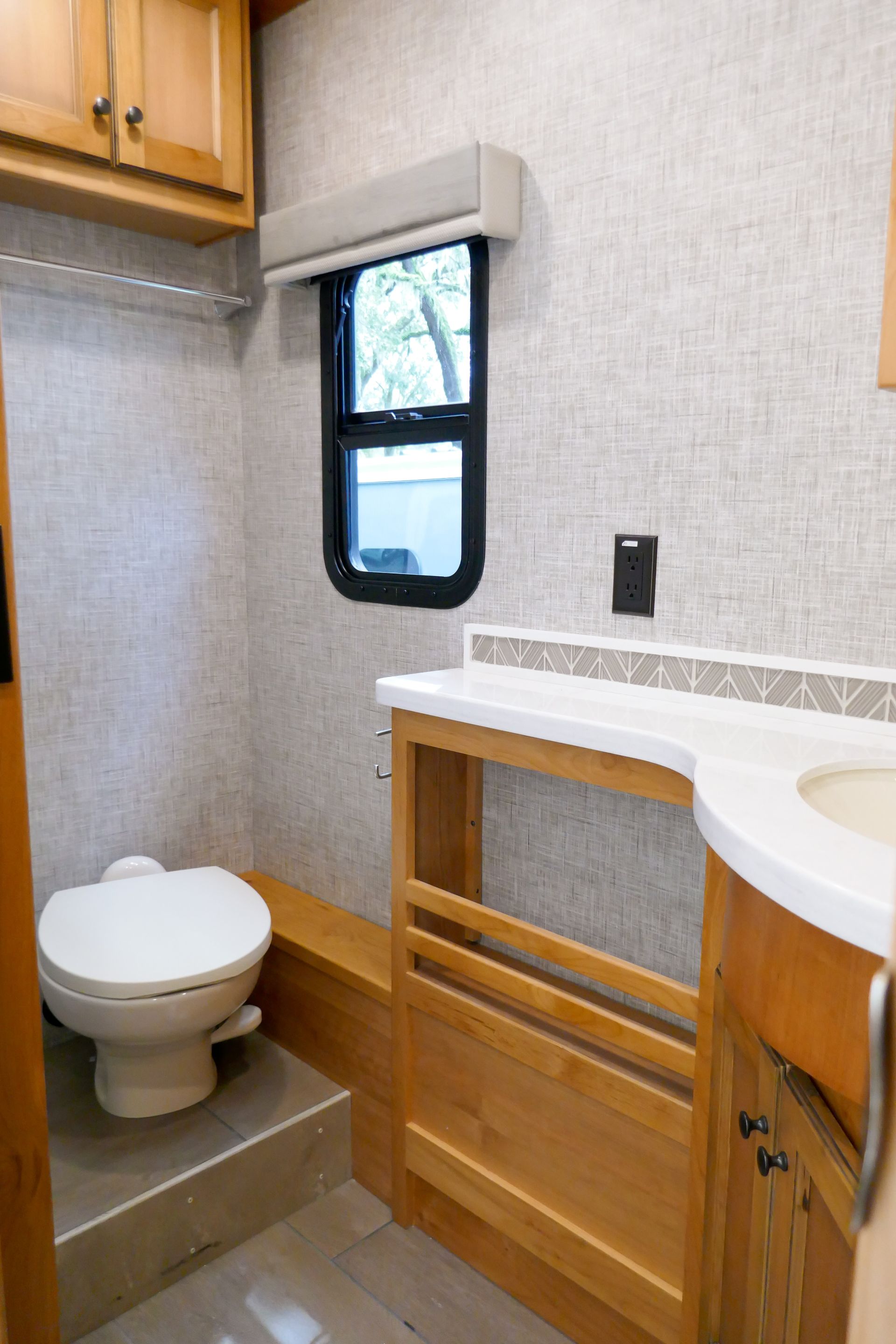RV Electrical Panel Troubleshooting: Common Issues and Fixes
When Your Home-on-Wheels Goes Dim
There’s nothing quite like the freedom of hitting the open road in your RV. But nothing throws a wrench in your travel plans faster than electrical issues. When your lights flicker like a haunted house or the air conditioner quits during a 95-degree pit stop, it’s time to talk about the heart of your RV’s power supply: the RV electrical panel.
Whether you're new to RV life or a seasoned traveler, this guide will help you troubleshoot common problems with your
RV electrical system, offering straightforward solutions, smart safety tips, and a few laughs along the way. Because hey, even your vacation deserves a little spark, right?
Understanding the RV Electrical Panel: The Brain of Your RV's Power System
Before we dive into problems and fixes, let’s get familiar with what the RV electrical panel actually does:
- Power Distribution: It manages and distributes power to all the major systems inside your RV—from lights to fridge, AC to microwave.
- Breaker Protection: Just like at home, breakers prevent overloads and electrical fires by cutting off power when something’s not right.
- Connection Hub: It handles shore power, generator input, and battery systems.
Knowing how to locate and identify the panel and its components is the first step. Most panels will have a mix of AC breakers (for things like outlets and appliances) and DC fuses (for things like lights and fans).
If your RV’s acting more like a powerless shed than a mobile oasis, your electrical panel might be trying to tell you something.
Common RV Electrical Panel Problems and How to Fix Them
Let’s look at the usual suspects when your RV starts acting electrically challenged:
1. Tripped Breakers
- Cause: Plugging in too many things at once or running high-load devices like the microwave and AC at the same time.
- Fix: Head to the panel and reset the breaker. If it keeps tripping, you might have an underlying issue.
2. Blown Fuses
- Cause: Short circuits or faulty components.
- Fix: Replace the blown fuse with one of the same rating. Always keep spares handy!
3. Shore Power Not Connecting
- Cause: Loose or faulty shore power cable, bad pedestal, or panel failure.
- Fix: Check connections, test the shore power pedestal with a voltmeter, and inspect the main breaker.
4. Inverter/Converter Issues
- Cause: Failing inverter (DC to AC) or converter (AC to DC).
- Fix: Check the output voltage and replace the faulty component if necessary.
5. Corrosion and Moisture Damage
- Cause: Exposure to the elements or condensation.
- Fix: Carefully clean the panel with electrical contact cleaner, and seal any exterior gaps that allow moisture in.
Pro Tip: Label your breakers and fuses clearly—it saves you from playing “guess the circuit” in the middle of a blackout.
DIY Troubleshooting Tips: Be the (Safe) Hero of Your RV Trip
Before calling the pros, there are a few steps you can take to safely troubleshoot:
- Visual Inspection: Look for burnt components, loose wires, or signs of overheating.
- Test with a Multimeter: Check voltage levels to see if power is reaching each circuit.
- Turn Off All Devices Before Resetting: Reduces surge risk.
- Keep It Dry: Always check for leaks or high humidity around your panel.
- Battery Health: A weak house battery can cause flickering or low-voltage issues on the DC side.
Things to Never Do:
- Never replace a breaker or fuse with one of a higher rating.
- Never work on a live panel unless you're trained.
- Never ignore a burning smell—cut the power and investigate immediately.
Sometimes, a five-dollar fuse can prevent a five-thousand-dollar headache.
Signs It’s Time to Call a Professional RV Electrician
Let’s be honest—some fixes are better left to the experts. Here’s when you should stop DIY-ing and start dialing:
- You’ve replaced the same fuse or breaker multiple times.
- You’re unsure which wire goes where.
- There's smoke or burning smells coming from the panel.
- You hear buzzing or humming noises.
- You experience full power loss, even when connected to shore or generator power.
A professional RV technician can diagnose deeper issues and ensure everything’s up to code—especially if you’re planning long trips or full-time RV living.
Maintaining Your RV Electrical System for Long-Term Performance
A healthy RV electrical system means fewer surprises on the road. Here's how to keep things running smoothly:
- Inspect Monthly: Check the panel, shore cord, and connections.
- Keep Connections Tight: Loose wires can arc and cause damage.
- Monitor Power Usage: Avoid overloading circuits—know what each appliance draws.
- Upgrade Old Panels: If your RV is more than 10 years old, a panel upgrade can enhance safety and efficiency.
- Protect Against Surges: Use surge protectors and voltage regulators.
Your RV panel is like your heart—neglect it, and you’ll feel it. Take care of it, and you’ll be cruising coast to coast without worry.
Bulletproof Your RV Adventures with These Must-Have Electrical Tools
Every RV owner should have a small electrical toolkit. Here’s what to keep on board:
- Multimeter – For checking voltage and continuity
- Spare Fuses – Always carry extras of each size
- Screwdrivers & Pliers – For basic repairs and wire tightening
- Electrical Tape – For insulating exposed wires
- Surge Protector – Essential for shore power
Bonus item:
a flashlight—because troubleshooting in the dark is just asking for a shocking surprise.
Call the Experts: Get Professional Help from Temple RV Repair
Electrical Troubles Got You Buzzing? We’ve Got You Covered
If your RV is acting more like a mystery machine and less like a cozy getaway on wheels, it might be time to call in the pros. At Temple RV Repair, we specialize in diagnosing and fixing RV electrical panel issues so you can get back to enjoying the road—not worrying about circuit boards and power loss.
We proudly serve Rockwell, NC, and the surrounding areas with mobile services, shop work, and RV storage solutions. Whether you’re facing power problems or just want a system inspection before your next big trip, we’re ready to help.
Give our team a call at
(704) 471-4949 today and let us power up your RV the right way.
FAQs
What causes an RV electrical panel to stop working?
Common causes include blown fuses, tripped breakers, moisture damage, loose wiring, or faulty components like converters or inverters.
Can I replace my RV breaker myself?
Yes, but only if you're confident and have turned off all power sources. If unsure, it's safer to let a professional handle it.
Why do my RV lights flicker when I plug into shore power?
It could be low voltage, a faulty converter, or weak batteries affecting your DC system.
Should I upgrade my RV electrical panel?
If your panel is outdated or you're adding more appliances, an upgrade can improve safety and prevent overloads.
Is RV electrical work covered by insurance or warranty?
It depends on your policy and the age of your RV. Always check with your provider first.
